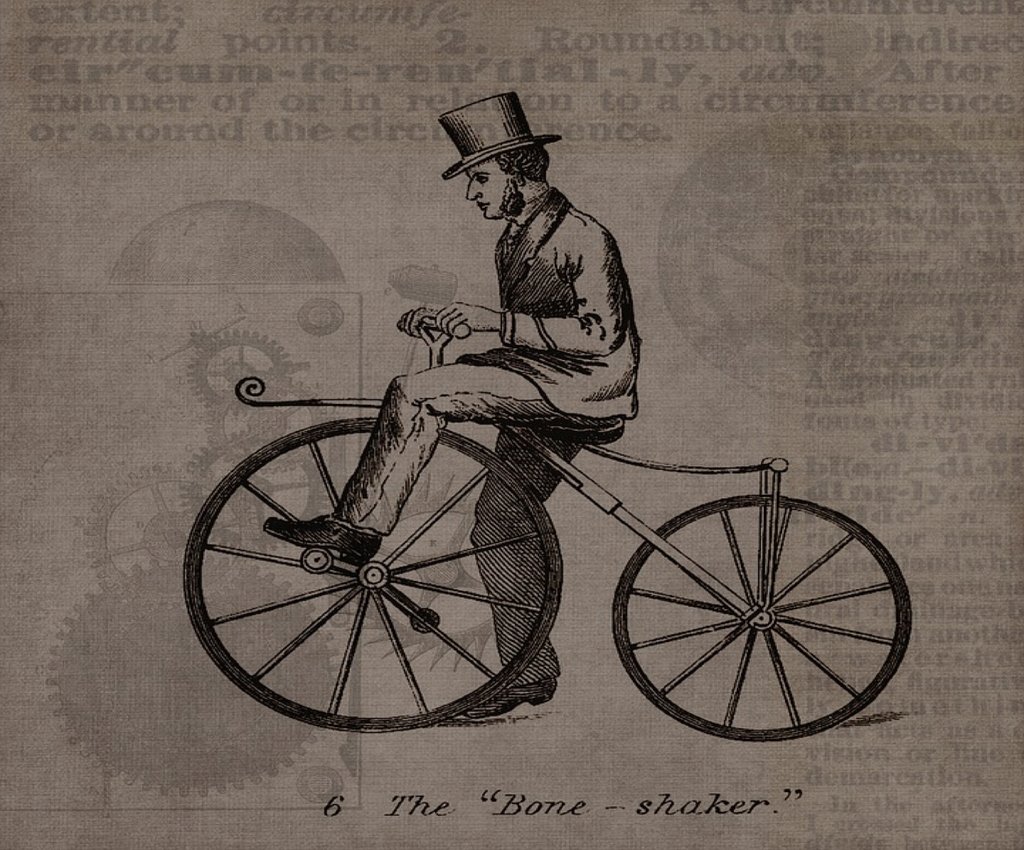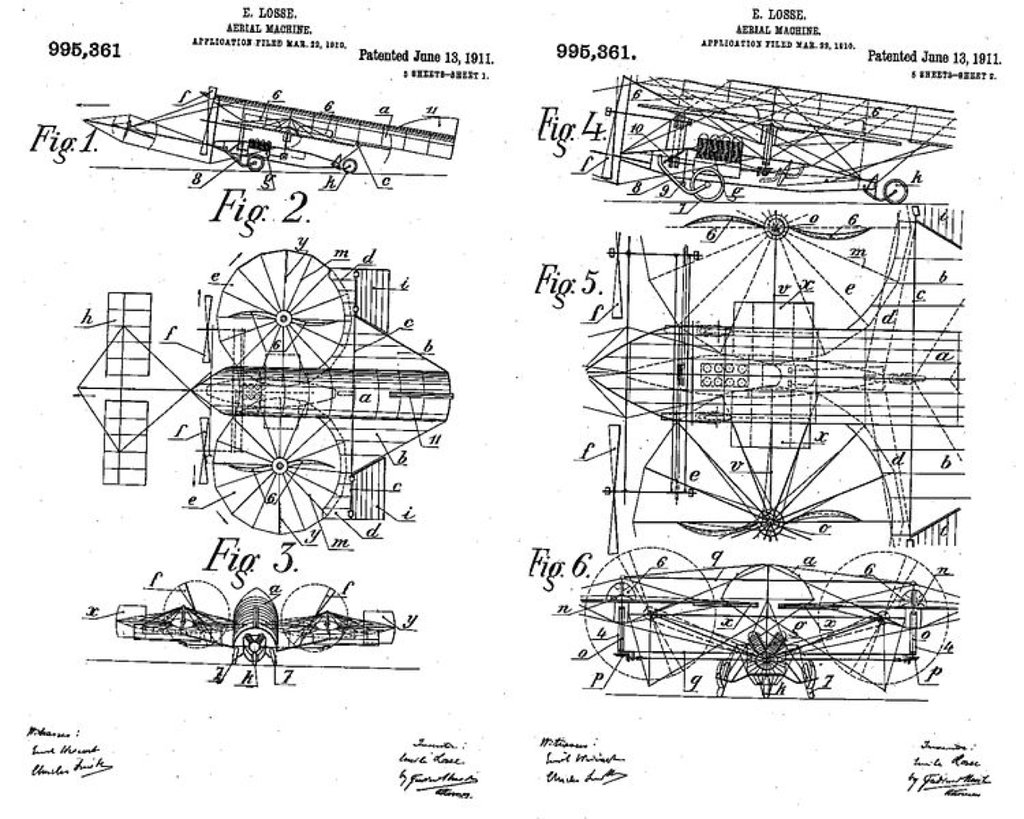A patent is a type of intellectual property that provides legal protection to an inventor for their inventions. This protection is granted by the Federal Government as a reward for the inventor’s creativity and disclosure of their invention. A patent serves two main purposes:
- It gives the inventor the exclusive right to monopolize the invention.
- It allows the inventor to prevent others from using, distributing, or selling the invention for their own profit.
Inventors should be aware that patents are governed by a complex framework of laws under Canadian Patent Law. Due to the intricacy of the patent process, having adequate representation through a patent lawyer or agent in Edmonton is beneficial and often necessary. Here’s what every inventor should know about patents.
The Term
Most inventors are aware of the scope of monopolizing their invention. But it is also useful to know that this exclusivity of rights last for a fixed term. To be precise, a patent lasts for a period of 20 years from the date of filing the patent application. It is imperative for an inventor to utilize this period with as much as efficiency as possible.
The Qualification
The invention only qualifies as a patent if it meets specific guidelines. The invention wouldn’t be granted patent status if the invention or the product is ‘obvious’ in its working or conceptualization to an industry expert. The said invention should be capable of being useful or functional in an industrial procedure or it must lead to an overall improvement in the efficiency of an existing industrial procedure. Abstract works or creations, regardless of their commercial scope, would not qualify as a patent; artistic works are instead protected by copyright.

Country-Specific
Since the Federal Government is responsible for issuing patent status to an invention, the benefits of a patent are only available within the country or countries that grants you the patent. One does have the option to initiate the process with the 145 nations which participate in the Patent Cooperation Treaty. Patent agents in Edmonton state that an invention must be globally unique for it to receive the status of a patent.
The First-to-File System
The Canadian Patent Law utilizes the ‘first-to-file system’ which essentially means the inventor who first files the patent application for an invention is entitled to the granting of the patent. This is something an inventor should understand, particularly in a case where rival entities are also working on a similar technology. This is where the filing date (or priority date) of a patent application becomes important.
Obtaining a patent is a complicated process, one that involves substantial use of time and resources and there is no gaurantee that your invention will qualify as a patent. Since the stakes are so high, it is recommended that an inventor rely on the knowledge offered by the patent lawyers and agents in Edmonton practicing at Prowse Barrette LLP. Utilizing their patent practice helps you prevent making common errors and risk the denial of your patent application.

